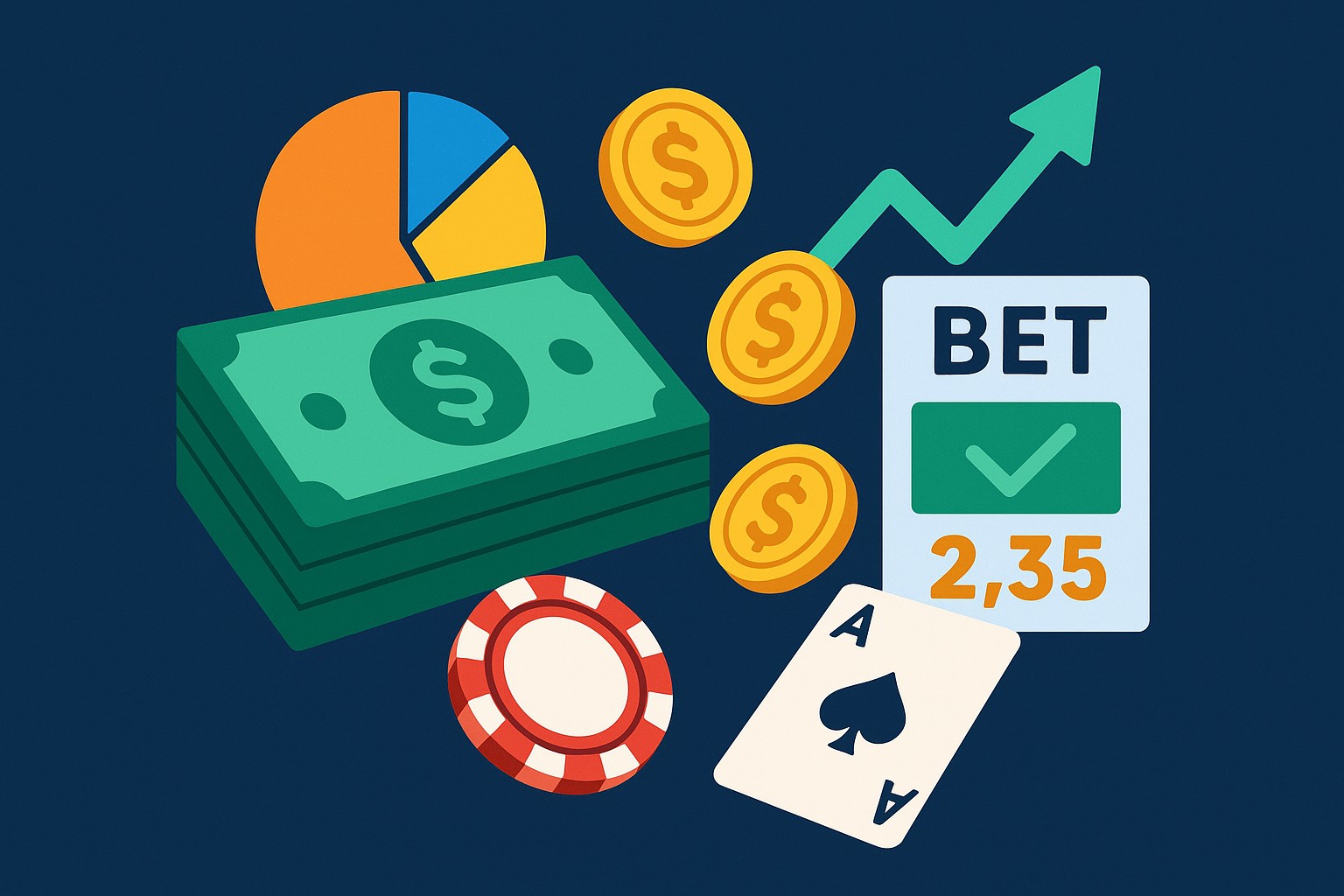Introduction
In the world of storytelling, canon events serve as pivotal moments that define the trajectory of narratives and characters. These key incidents not only shape the plot but also leave a lasting impact on the audience. In this comprehensive blog post, we will delve into canon event examples from literature, film, television, and comics. By examining these crucial events, we aim to understand their importance in storytelling and how they contribute to the development of compelling narratives.
The Death of Uncle Ben in Spider-Man
One of the most iconic canon event examples in comic book history is the death of Uncle Ben in Spider-Man. This tragic event is crucial as it instills in Peter Parker the responsibility to use his powers for good, embodying the famous line, “With great power comes great responsibility.” Uncle Ben’s death is a defining moment that shapes Spider-Man’s character and mission.
The Red Wedding in Game of Thrones
In the world of television, the Red Wedding from Game of Thrones stands out as a shocking canon event example. This brutal massacre changes the power dynamics of Westeros, killing off key characters and altering the direction of the story. The Red Wedding is a pivotal moment that highlights the unpredictability and ruthlessness of the series.
The Destruction of the Death Star in Star Wars
A prime canon event example in film is the destruction of the Death Star in Star Wars: Episode IV – A New Hope. This event marks a significant victory for the Rebel Alliance and serves as a turning point in their struggle against the Galactic Empire. The destruction of the Death Star is a critical moment that shifts the balance of power in the galaxy.
The Battle of Hogwarts in Harry Potter
The Battle of Hogwarts is a major canon event example in the Harry Potter series. This climactic battle determines the fate of the wizarding world, with numerous characters meeting their destinies. The Battle of Hogwarts is a defining moment that resolves long-standing conflicts and brings the series to a powerful conclusion.
The Fall of the Berlin Wall in Historical Narratives
In historical storytelling, the fall of the Berlin Wall is a significant canon event example. This momentous event symbolizes the end of the Cold War and the reunification of Germany. The fall of the Berlin Wall is a pivotal moment that represents a dramatic shift in global politics and societal change.
The Murder of King Duncan in Macbeth
Shakespeare’s Macbeth features the murder of King Duncan as a crucial canon event example. This regicide sets off a chain of events that lead to Macbeth’s rise to power and eventual downfall. King Duncan’s murder is a defining moment that propels the plot and character development throughout the play.
Searching for perfect birthday wishes for husband in Marathi? Express your love with heartfelt Marathi birthday messages that truly touch his heart. Whether you want to convey your deepest feelings or add a sweet, personal touch, these birthday wishes for husband in Marathi are perfect for making his day memorable. From romantic to funny, find beautiful and meaningful Marathi birthday greetings to celebrate your husband’s special day with warmth and affection. Show him how much he means to you with the best birthday wishes in Marathi today!
The Formation of the Fellowship in The Lord of the Rings
In J.R.R. Tolkien’s The Lord of the Rings, the formation of the Fellowship of the Ring is a key canon event example. This alliance of diverse characters sets out on a quest to destroy the One Ring, driving the narrative forward. The Fellowship’s formation is a pivotal moment that establishes the main conflict and themes of the story.
The Death of Ned Stark in Game of Thrones
Another notable canon event example from Game of Thrones is the death of Ned Stark. His execution shocks viewers and alters the course of the series, leading to the War of the Five Kings. Ned Stark’s death is a defining moment that underscores the brutal and unpredictable nature of the series.
The Assassination of Julius Caesar in Historical Narratives
The assassination of Julius Caesar is a significant canon event example in both historical accounts and literature. This event marks the end of the Roman Republic and the rise of the Roman Empire. The assassination of Julius Caesar is a pivotal moment that has been immortalized in various forms of storytelling.
Read more about toonstream
The Return of the King in The Lord of the Rings
The return of Aragorn as the king of Gondor in The Lord of the Rings is a major canon event example. This moment signifies the restoration of the rightful ruler and the culmination of the epic journey. Aragorn’s return is a defining moment that brings closure to the overarching narrative and reinforces the themes of heroism and destiny.
Conclusion
Canon events play a vital role in storytelling, serving as turning points that shape the direction of narratives and character arcs. By examining these canon event examples from various media, we gain a deeper understanding of their significance and impact. These pivotal moments not only drive the plot forward but also resonate with audiences, leaving a lasting impression. Whether in literature, film, television, or history, canon events are essential elements that contribute to the richness and complexity of storytelling.
Read more about: canon event
FAQs
1. What is a canon event in storytelling?
A canon event is a pivotal moment in a story that significantly influences the direction of the plot and the development of characters. It is an event that is essential to the narrative and often shapes the overall storyline.
2. Why are canon events important in storytelling?
Canon events are important because they serve as key turning points that drive the plot forward and contribute to character development. They help create memorable and impactful narratives that engage and resonate with audiences.
3. Can you give an example of a canon event in literature?
One example of a canon event in literature is the murder of King Duncan in Shakespeare’s Macbeth. This event sets off a chain of events that lead to Macbeth’s rise to power and eventual downfall.
4. How do canon events differ from regular plot points?
Canon events differ from regular plot points in that they are crucial to the overall narrative and have a lasting impact on the story. Regular plot points may contribute to the plot but do not necessarily have the same level of significance or influence.
5. Are canon events always dramatic or tragic?
Canon events are not always dramatic or tragic, but they often involve significant change or conflict. They can be positive or negative moments that play a crucial role in the development of the story and characters.





